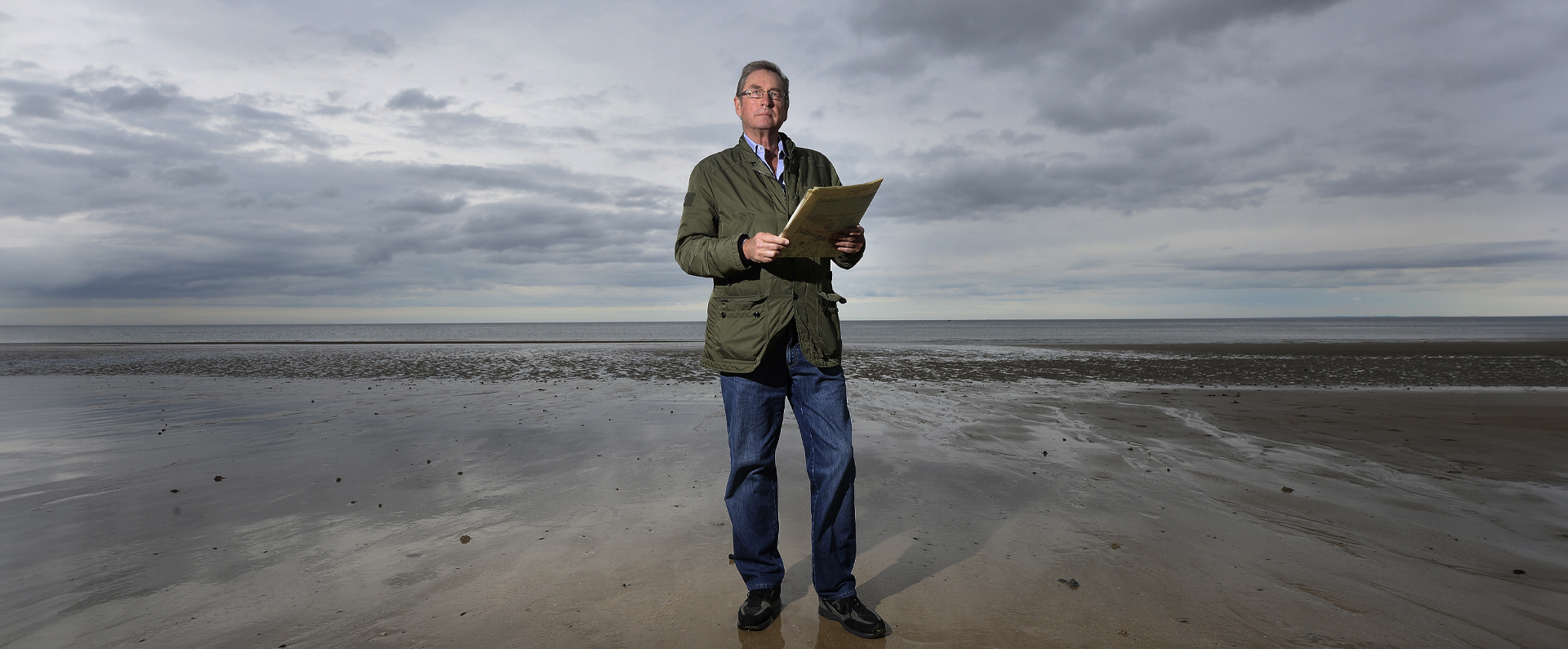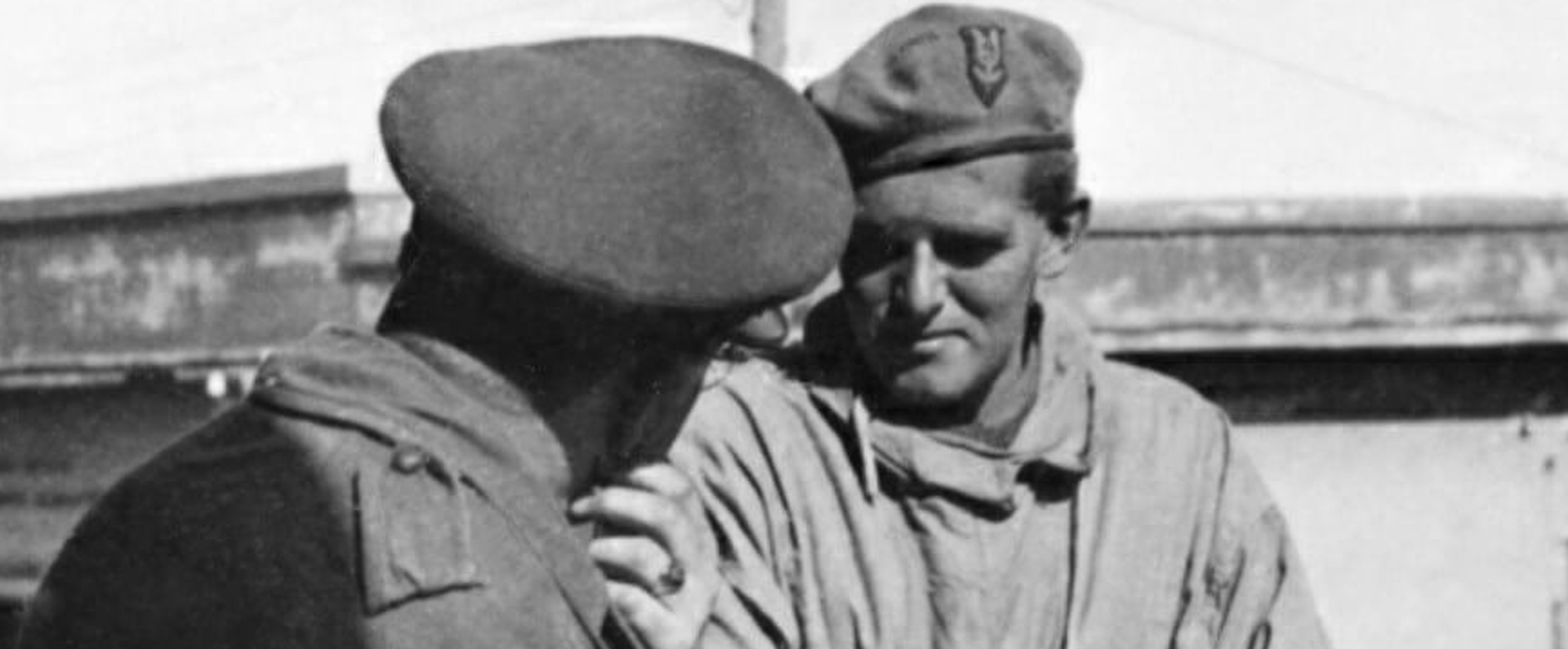
Published in the Sunday Telegraph on 10 September 2011.
It was on a mild, spring day last year that I discovered that Britain’s bomb disposal teams are a breed apart.
I had been invited to spend a day at Merville Barracks in Essex observing and participating in the training of servicemen from 621 EOD (Explosive Ordnance Disposal) Squadron, part of 11 EOD Regiment.
It was in the afternoon session that I received a rare insight into the disposal of high-risk IEDs (Improvised Explosive Devices), the Taliban’s weapon of choice. After receiving my briefing on the “Afghanistan scenario”, I lay flat on the ground with my arms extended and with a pair of wire cutters in my hand. There, in the incredibly realistic scenario, I had to make a “life-or death” decision on how to “neutralise” the devious-looking “IED” with its protruding wires.
My day – part of the research for my latest book George Cross Heroes – had been exhilarating and terrifying in equal measures. And my experiences had left me with an overwhelming feeling of admiration for Britain’s bomb disposal experts.
It is this on-going respect that will result in me this week hosting a reception at the House of Lords to launch a new charity, Felix Fund, with a £1 million appeal aimed at providing much-needed support for our bomb disposal experts.
Members of 11 EOD Regiment are permanently in war-torn Afghanistan, just as they were previously in Iraq. In recent years, six bomb disposal experts have lost their lives working in Afghanistan, where they face a constant threat from IEDs. In Afghanistan, EOD teams can be called upon to disarm as many as 40 lethal explosive devices a day.
However, members of 11 EOD Regiment are also on-duty 24 hours a day, protecting Britain and Northern Ireland from terrorist bombs, and again the statistics tell their own story. In 2010, they were called out to 3,000 tasks: some were hoaxes, some involved disposal of the Army’s own conventional munitions, but 58 were real IEDs and 53 were explosions that needed investigating. In addition, the teams assisted in 75 finds of items likely to be of interest to the police with regard to bomb making, firearm or terrorist activity.
Bomb disposal experts are not only brave and hard-working, but they also have to witness some quite horrific scenes when men, women and children are killed or seriously injured by explosive devices. Furthermore, they must certify all the fallen and badly injured are free of explosives before repatriation or medical evacuation back to the UK. This may involve scrutinising the maimed bodies of close colleagues and life-long friends.
It is no coincidence that 11 EOD Regiment is the Army’s most decorated unit with 454 honours, medals and awards, and it serves wherever British troops or civilians are in danger.
I have had a life-long interest in bravery, which has seen me build up the world’s largest collection of Victoria Crosses (VCs). I have concluded that bravery essentially falls into two categories: spur-of-the-moment courage and ‘cold courage’. I have nothing but admiration for those in the former category, but I am even more in awe of those who routinely display pre-meditated courage, just as our bomb disposal experts do on a daily basis.
Today I urge everyone to give their backing to a group of men and women who have constantly risked their own lives for the sake of others. Felix Fund is not a regimental charity per se: it will help any British military personnel who share the danger and distress of undertaking, or assisting with, bomb disposal duties. These include ECM (Electronic Counter Measures) operators, dog handlers, weapons intelligence specialists, searchers, infantry escorts and drivers – irrespective of cap badge.
The money raised will be spent on sending bomb disposal experts on therapeutic ‘normalization’ breaks on their return from Afghanistan; meeting individual needs through Felix Fund Hardship grants; and improving on-camp facilities for EOD units (for example, making wifi access available to 11 EOD soldiers and their families across all 16 of their locations).
11 EOD is a regiment in the Army’s Royal Logistic Corps (RLC). Felix, the cat with nine lives, is the mascot of RLC Bomb Disposal. “Felix” started life as the radio call sign of an EOD team in Northern Ireland.
On Thursday [Sept 15], at the launch of the charity, we will detail our aim of trying to raise £1 million from individuals and companies. I ask everyone to dig deep for this worthy cause. All donors can rest assured that every penny given will benefit a group of men and women who are thoroughly deserving of their support.



